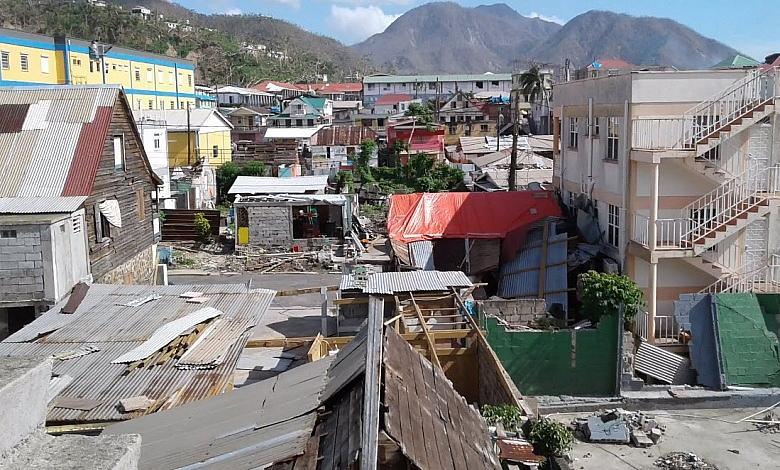European Development Fund (EDF) in Dominica

The European Development Fund (EDF) has played a critical role in Dominica’s development trajectory, delivering decades of structured support through financial and technical assistance from the European Union. As a member of the African, Caribbean and Pacific (ACP) group of states, Dominica has accessed EDF funds since 1975, with the EU consistently backing programs in agriculture, energy, infrastructure, trade, and climate resilience.
Longstanding EU-Dominica Partnership
The European Development Fund was established by the EU to finance development cooperation with ACP countries under successive Cotonou Agreements. For Dominica, EDF resources have been central to enhancing sustainable economic growth and reducing poverty. These funds are implemented in close coordination with the National Authorising Office (NAO) under the Ministry of Finance.
Over the past four decades, Dominica has received over €200 million in EDF aid across several funding cycles. Early focus areas included agricultural diversification, public sector reform, and education. In later years, EDF projects helped the island recover from hurricane impacts, expand renewable energy, and meet regional trade compliance requirements.
Key Focus Areas Under Recent EDF Cycles
One of the most impactful EDF-supported initiatives was the Banana Accompanying Measures (BAM), a €15 million program aimed at helping banana farmers transition toward a diversified agriculture model in the face of trade liberalization. BAM strengthened farm access roads, boosted agro-processing initiatives, supported crop diversification and improved export readiness in the banana industry.
Under the 11th EDF, which spanned from 2014 to 2020, Dominica benefited from more than €40 million, distributed across three major development priorities: energy, trade, and rural infrastructure. A cornerstone of this cycle has been Dominica’s Geothermal Development Project, which received funding to support the construction of a small-scale geothermal power plant in the Roseau Valley. The EU’s support for renewable energy aligns with Dominica’s goal to become the world’s first climate-resilient nation.
Another major initiative under the 11th EDF was the Technical Barriers to Trade (TBT) Programme, aimed at integrating Dominica more fully into the CARIFORUM-EU Economic Partnership Agreement. Through this project, the Dominica Bureau of Standards enhanced national capacity in testing, conformity assessment, and consumer protection.
EDF also financed the Rehabilitation of Feeder and Farm Access Roads across Dominica. Implemented under the B-Envelope, this project focused on restoring roads that are critical to farmers and rural communities, especially those disrupted by natural disasters. These improvements support both food security and competitiveness in local agriculture.
Forward Outlook for EU–Dominica Cooperation
The EDF’s legacy in Dominica continues through the Multiannual Indicative Programme 2021–2027, which transitions development assistance to a broader EU Caribbean regional strategy. This new funding cycle emphasizes climate resilience, green energy, digital transformation, and sustainable economic recovery. As Dominica rebuilds from climate shocks and economic setbacks, EDF support remains a vital tool in achieving long-term national objectives.
The European Development Fund remains one of Dominica’s most significant and dependable sources of external development finance, reflecting a deep and ongoing partnership with the European Union.




